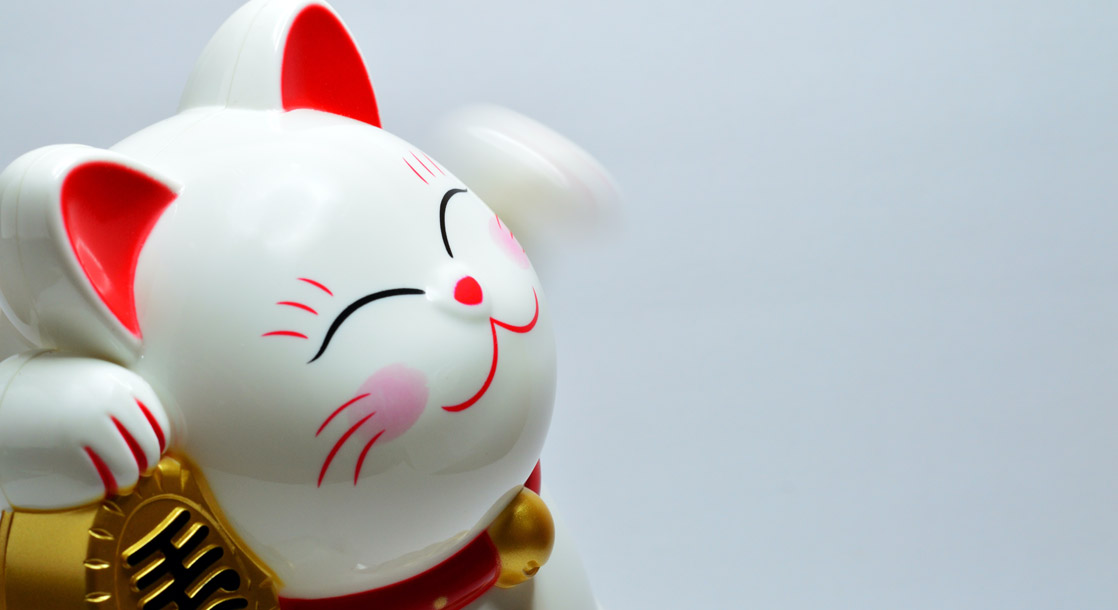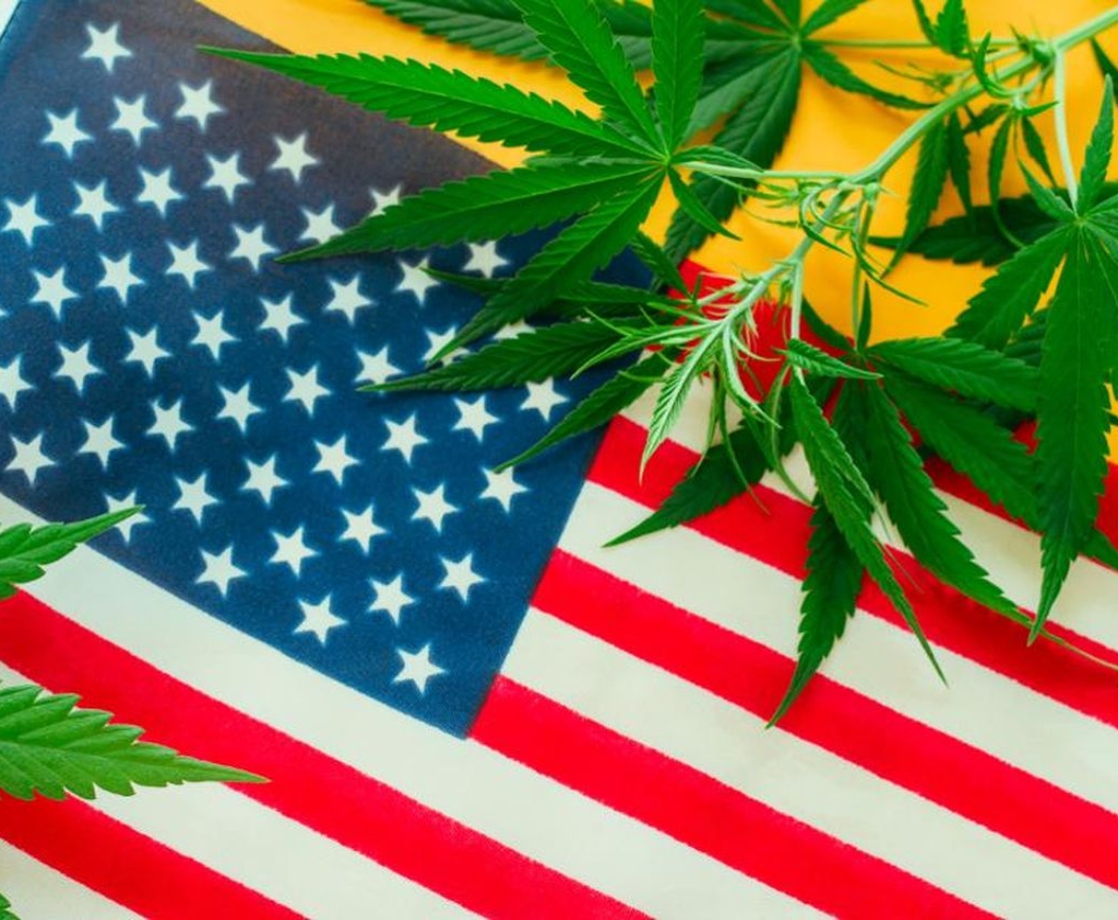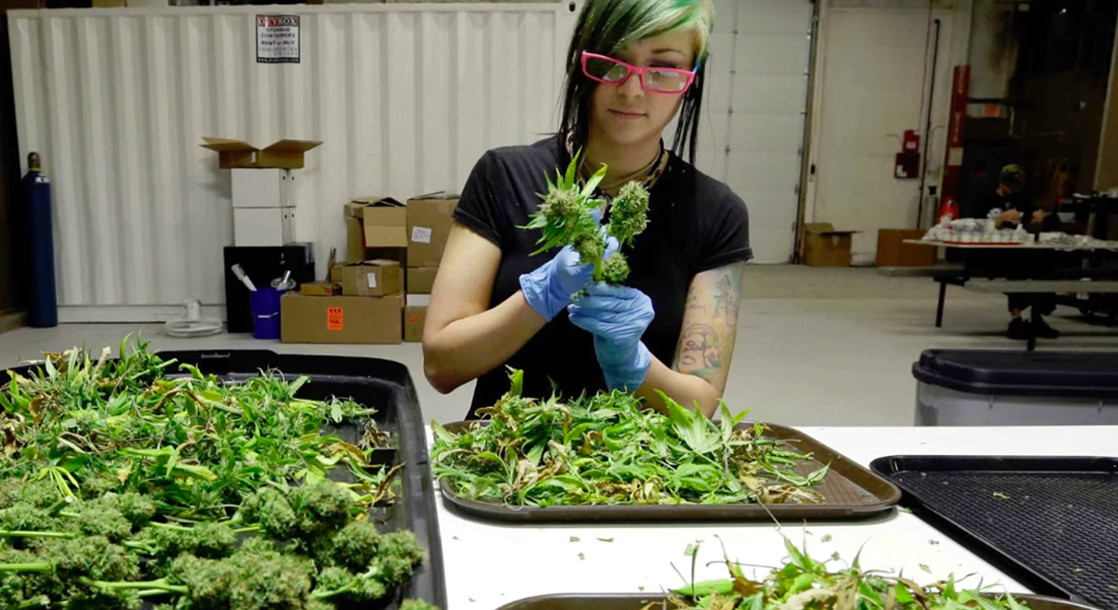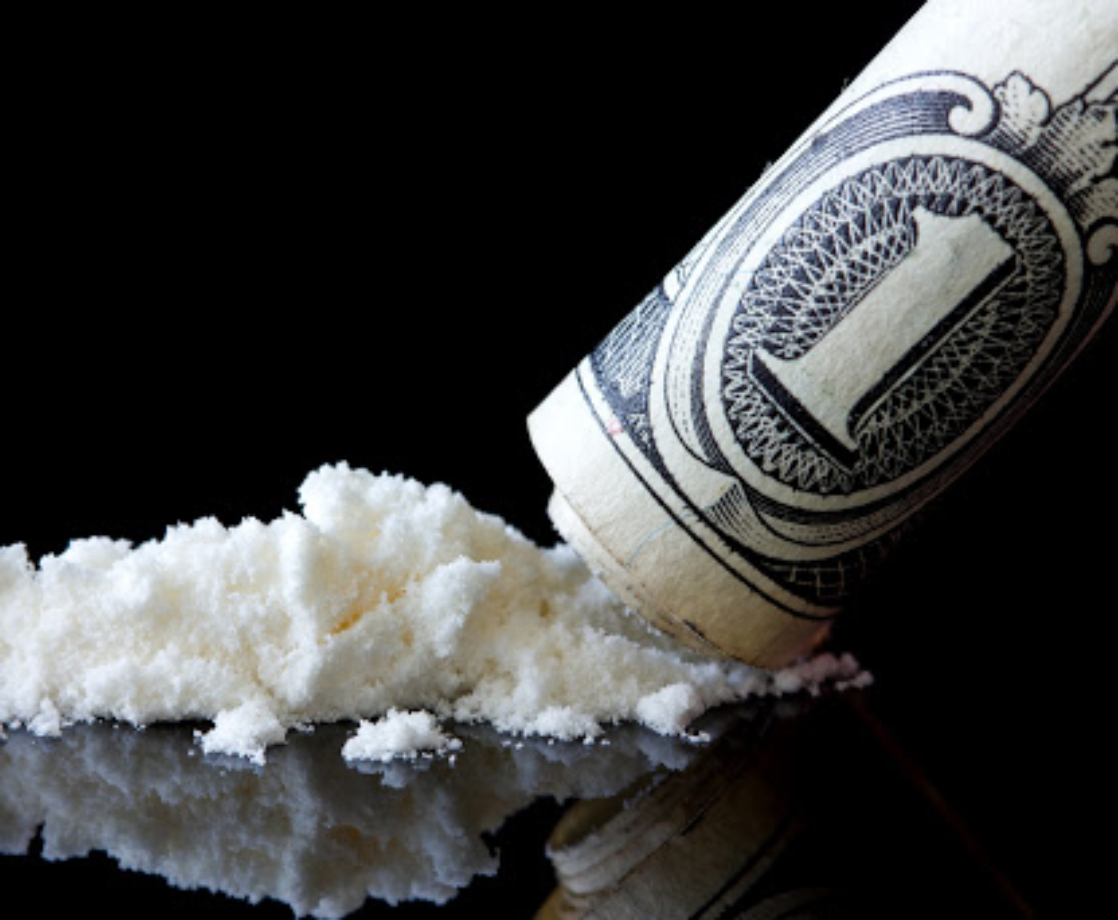Japan’s health ministry is currently discussing plans to legalize the medicinal use of cannabis, but officials may also increase penalties for recreational use.
The Japanese Ministry of Health, Labour and Welfare recently convened an expert panel to discuss a major revision to the country’s Cannabis Control Law. This law, which was enacted in 1948, criminalizes the cultivation and possession of any part of the cannabis plant, including flower, stems, and even the roots. A small number of hemp farmers are allowed to grow low-THC hemp to make traditional religious and ceremonial items, but CBD and all other cannabis-derived medicines are illegal.
Japan is committed to enforcing this strict ban to the letter. In 2019, cops busted over 4,300 people for weed, and 5,273 more the following year. Anyone caught possessing pot can face up to five years in jail, plus tens of thousands of dollars in fines – the same penalty for child sex trafficking. Penalties for trafficking or growing weed range from 7 to 10 years, plus even more fines. Just last year, 3 US Marines were busted for importing cannabis extracts into the country, and one has already been sentenced to 2 years of hard labor.
The new panel discussions indicate that health officials are finally willing to recognize the medicinal use of cannabis, at least. In a recent report, the health ministry noted that Japan is the only “Group of Seven” country that completely prohibits all cannabis-based medicines. Every other one of these economically successful nations has at least legalized the use of CBD-derived medicines like Epidiolex that have been scientifically proven to help treat rare forms of epilepsy and other serious conditions.
Under its proposed revision, the panel would revise the country’s weed laws to ban specific cannabis compounds and products, rather than banning parts of the plant itself. These new regulations would potentially allow businesses to grow, process, and sell cannabis for medicinal use. At present, it is unclear if the country will only legalize the use of low-THC hemp medicines, or if officials will eventually embrace a wider range of medical pot.
But although the proposed revision could finally lead to the legalization of medical cannabis, health officials may add even more restrictions against recreational use. The panel is reportedly discussing plans to impose new criminal penalties on smoking or otherwise using cannabis for non-medical purposes. Thanks to a loophole in the country’s weed law, it is actually currently legal for anyone to use cannabis, even though personal possession and sales are strictly prohibited.
Apparently, this loophole was created to protect the small number of farmers who are licensed to grow hemp for religious purposes. Officials were concerned that these hemp farmers could test positive for THC on drug tests, which would make them liable to arrest. But in 2019, officials actually went to the trouble of testing these farmers for THC, and not one of them tested positive. For this reason, the government has concluded that there is no need for the loophole to exist.
As part of the ongoing cannabis reform, health experts may choose to permanently close this loophole by officially criminalizing cannabis use. Experts are urging the panel to offer drug treatment services to repeat offenders instead of locking them in prison for decades, but it remains to be seen what path the government will eventually decide on.











